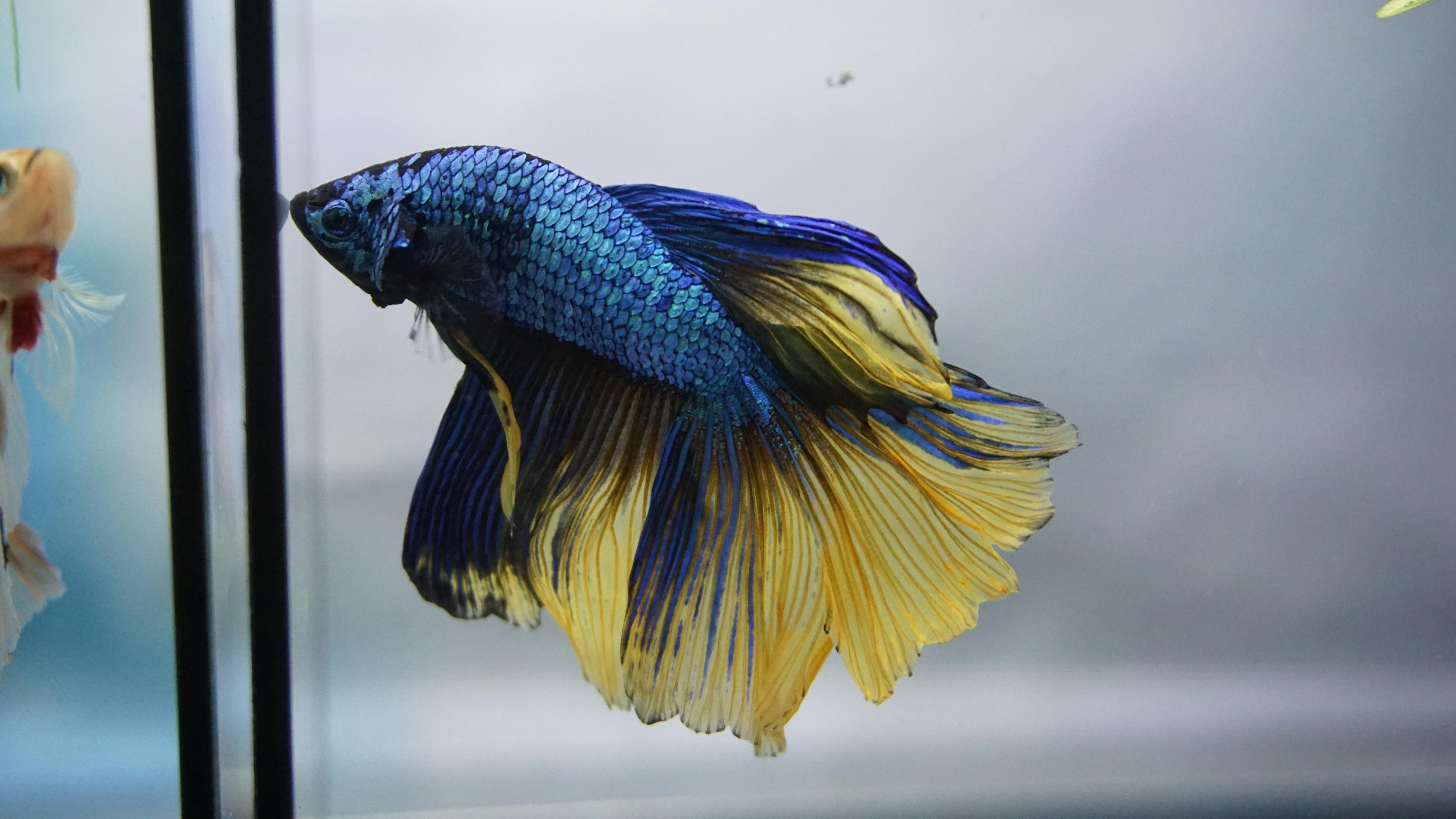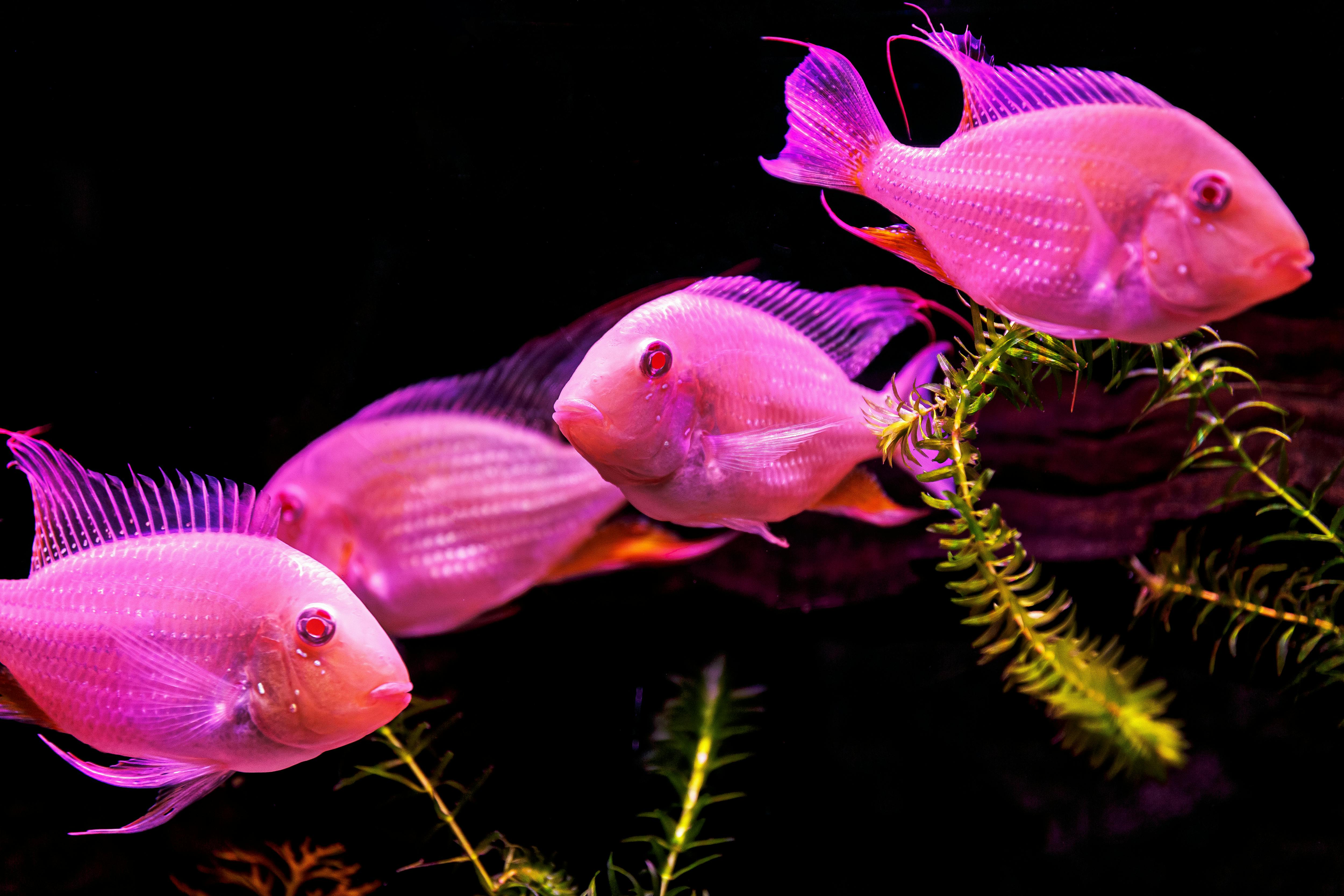Do Betta Fish need distilled water for their aquariums? This is a question that many aquarists have when it comes to taking care of their betta fish. While it is true that betta fish prefer clean, oxygen-rich water, distilled water may not necessarily be the best option for them. In this article, we will discuss the importance of water quality in an aquarium and whether or not distilled water is a suitable choice. We will also explore other options that are available to ensure your betta fish stays healthy and happy.Distilled water is water that has been purified through a distillation process. This process involves boiling the water and then condensing the steam into a clean container, leaving impurities behind. Distilled water is often used in medical and laboratory settings due to its purity. It is also used in certain industries to prevent scaling of machinery, as well as for drinking water in areas where tap water is not suitable.
Is Distilled Water Necessary for Betta Fish?
Betta fish are some of the most popular aquarium fish, and with good reason. They are often brightly colored and easy to care for, making them a great choice for both beginners and experienced aquarists alike. But when it comes to providing the best environment for your betta fish, is distilled water really necessary?
In short, the answer is no. While it is true that distilled water can help to create a more stable environment for your betta fish, it is not absolutely essential. In fact, in some cases, using distilled water may actually do more harm than good. This is because distilled water lacks many of the minerals and other compounds that are beneficial to fish health.
It is important to note that when it comes to providing the best environment for your betta fish, clean and well-maintained aquarium conditions are much more important than choosing which type of water you fill your tank with. As long as you keep up with regular water changes and use a high-quality filter system, you should be able to provide a healthy home for your betta without needing
What is the Best Water for Betta Fish?
For betta fish to thrive, it is important to provide them with clean and well-filtered water. The best water for betta fish should be soft, slightly acidic and low in minerals. It should also contain the right amount of beneficial bacteria to help keep the tank clean and healthy. The ideal temperature for betta fish should be between 74 and 80 degrees Fahrenheit (24-27 degrees Celsius).
Tap water can be used for betta fish, but it is important to treat it first with a dechlorinator or water conditioner. This helps remove chlorine, chloramines and other chemicals that can be harmful to the fish. It is also important to test the pH of your tap water before adding any new fish or making any major changes in the tank.
Reverse osmosis (RO) water is another great option for betta fish because it is free from contaminants and impurities, making it very safe for your fish. RO water also has a neutral pH level so you don’t have to worry about adjusting it before adding your new fish.
Rainwater can also be
Testing Water Quality for Betta Fish
Testing water quality is an essential part of keeping your betta fish healthy. Poor water quality can lead to a variety of illnesses and even death. By regularly testing your water, you can ensure that your betta is living in clean, safe water. Here are some steps you can follow to test the water quality for your betta fish:
Step 1: Test the pH Level
The first step in testing the water quality for your betta fish is to check the pH level. The ideal pH level for a betta fish is 7.0-7.5, so you will want to make sure that your tank’s pH level falls within this range. You can purchase a pH test kit from any pet store and use it to take a quick reading of the water’s acidity.
Step 2: Test the Ammonia Level
The next step in testing the water quality for your betta fish is to check the ammonia level. High levels of ammonia can be toxic to your fish and cause serious health problems
Advantages of Using Distilled Water for Betta Fish
Using distilled water for betta fish is an excellent way to maintain the cleanliness and health of the aquarium. Distilled water contains no minerals or other contaminants, making it a much safer option than tap water. It also has a neutral pH balance, which is important for maintaining the proper environment for betta fish. In addition, distilled water is free from chlorine and other chemicals that can be harmful to betta fish. As such, it can help to reduce stress on the fish and help them to remain healthy and active.
Another advantage of using distilled water is that it can help to reduce the amount of algae growth in the tank. Algae are a natural occurrence in any aquarium, but when it gets out of control it can cause problems with oxygen levels and light penetration into the tank. By using distilled water, these issues can be kept under control as the minerals found in tap water can contribute to algae growth.
Finally, using distilled water can help to keep your betta fish’s colors brighter and more vibrant. The mineral content in tap water can dull the colors of your fish over

Using Distilled Water for Betta Fish
Using distilled water for betta fish can present some disadvantages. Distilled water is not as effective as other types of treated water in providing the essential minerals, such as calcium and magnesium, that a betta fish needs to stay healthy. Additionally, since distilled water has had all its minerals removed, it can cause the pH of the aquarium to become too low, which can be detrimental to a betta fish’s health.
Another disadvantage of using distilled water for betta fish is that it contains no bacteria or other organisms that are beneficial for maintaining a healthy aquarium environment. This means that when it is used for a betta fish tank, additional steps must be taken in order to ensure that beneficial bacteria and other organisms are present in the tank.
In addition to these drawbacks, distilled water can also be more expensive than regular treated tap water. This makes it an impractical choice for many aquarium owners who are trying to keep their costs down.
Ultimately, while distilled water may be suitable for short-term use in certain situations, its lack of
Are There Alternatives to Distilled Water for Betta Fish?
Bettas are a type of freshwater fish that need very specific water parameters in order to thrive. As such, many pet owners opt for distilled water when setting up their betta tanks. While distilled water is widely considered to be the best option for bettas, there are several alternatives that can also provide a safe and healthy environment for your fish.
Tap water treated with a dechlorinating agent is one of the most popular alternatives to distilled water. Dechlorinators work by removing chlorine and chloramine from tap water, making it safe for fish to inhabit. It’s important to note that dechlorinators do not remove heavy metals or other toxins, so it’s important to test your tap water before setting up your tank.
Reverse osmosis (RO) filters are often used as an alternative to distilled water. RO filters use a semi-permeable membrane and pressurized water to remove impurities from the water. While this is an effective method of purifying the water, RO filters can be expensive and require regular maintenance
Is Distilled Water Safe for Other Aquarium Fish Species?
Distilled water is a popular choice for aquariums, as it is free of chemicals, minerals, and other contaminants that can harm fish. But it is important to understand that distilled water is not always safe for all aquarium fish species. While some can tolerate distilled water, others may suffer from health problems due to the lack of minerals and other essential elements they need to survive. It is important to research the specific needs of each fish species before adding distilled water to an aquarium.
For example, some fish species may require a certain amount of calcium or other minerals in order to maintain healthy bones and scales. If these requirements are not met, the fish could develop serious health problems such as skeletal deformities or organ damage. In addition, some fish species are sensitive to changes in pH levels and require a specific range in order to remain healthy. If the pH level drops too low due to the lack of minerals in distilled water, this could cause stress or death for the fish.
It is also important to consider whether or not the use of distilled water will affect other inhabitants in the aquarium. Some invertebrates

Conclusion
In conclusion, betta fish do not need distilled water to survive and thrive. In fact, they are quite adaptable to the water conditions found in most home aquariums. However, if you do decide to use distilled water for your betta fish, it is important to use a dechlorinator to remove any chlorine or chloramines from the water before adding it to the tank. Additionally, a buffer should be used to raise the pH level and stabilize it at a safe level for your fish.
Overall, while there is no need for betta fish owners to use distilled water exclusively for their tanks, it can be beneficial in certain situations. If you are considering using distilled water for your betta fish tank, make sure you follow the appropriate steps to ensure that your fish remain healthy and happy.

